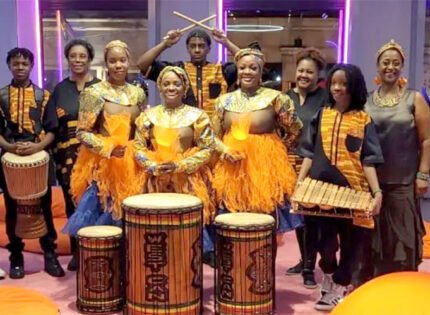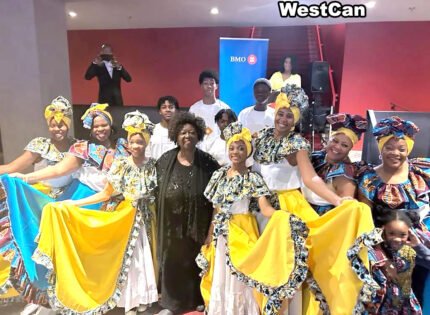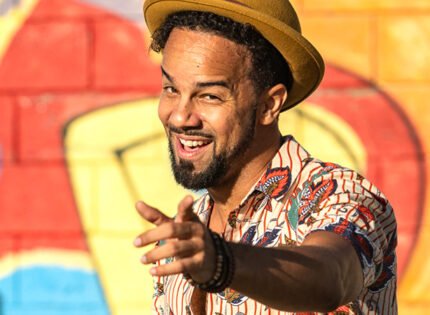Venezuela
Venezuelans Face Tough Times
Ramón Muchacho, Mayor of Chacao in Caracas, said the streets of the capital of Venezuela are filled with people killing animals for food.
Through Twitter, Muchacho reported that in Venezuela, it is a “painful reality” that people “hunt cats, dogs and pigeons” to ease their hunger.
People are also reportedly gathering vegetables from the ground and trash to eat as well.
The crisis in Venezuela is worsening everyday due in part to shortages in all areas of food availability. This to go along with the world’s highest level of inflation that’s lurking around 70 percent.
The population’s desperation has begun to show, with increasing incidents of looting and robberies for food. On May 1, six Venezuelan military officials were arrested for stealing goats to ease their hunger, as there was no food at the Fort Manaure military base.
In April, various regions of the country saw widespread looting of shopping malls, pharmacies, supermarkets and food trucks, all while people chanted “we are hungry.”
The Venezuelan Chamber of Food (Cavidea) said many businesses only have 15 days worth of inventory. Production has been effected as a result of a shortage of raw materials, as well as exhausted national and international supply resources.
Supermarkets are registered into a system in such a way that they are not permitted to sell Venezuelans food 15 days since their purchase of the same product. As a result, long food lines have formed all over the country, with many people reselling their share to earn an “extra income.”
The Caribbean
UN Urge CARICOM to improve Human Rights
The UN Human Rights Council’s Universal Periodic Review (UPR) Working Group is calling on two Caribbean Community (CARICOM) countries to implement a number of recommendations that will improve their human rights records in the future.
According to the draft report of the Working Group on the Universal Periodic Review, St. Vincent and the Grenadines and Suriname are being urged to implement measures including acceding to or ratifying the Second Protocol to the International Covenant on Civil a and Political Rights (ICCPR), which promotes international commitment in abolishing the death penalty.
In addition, the Caribbean countries are being urged to sign and ratify the Optional Protocol to the Convention on the Elimination of All Forms of Discrimination against Women (CEDAW) as well as sign or ratify the Optional Protocol to the Convention against Torture and other Cruel, Inhuman or Degrading Treatment or Punishment (CAT).
The human rights record of several CARICOM countries is being examined by the UN body.
In the case of St. Vincent and the Grenadines it is also being asked to implement comprehensive guidelines under the Domestic Violence Act to ensure a coordinated response for victims of violence by police, courts, health and social welfare agencies and undertake a public advocacy campaign to combat gender-based violence, in consultation with all relevant stakeholders.
The CARICOM countries are also asked to continue strengthening programmes to combat domestic violence, including an awareness-raising plan and to continue the actions taken to reduce domestic violence and violence against women in all its forms.
The Caribbean countries are urged to reinforce measures to combat violence against women, including legislative amendments to the Criminal Code and the Domestic Violence Act and by awareness raising campaigns.
Trinidad and Tobago
More lawsuits as Jack Warner’s head get hotter
Former FIFA Vice President Jack Warner has been sued by First Citizen’s Bank in Trinidad and Tobago, as the institution seeks to recover tt$1.2 million in unpaid overdraft fees.
Warner potentially stand to lose the Centre of Excellence, Macoya, one of his flagship properties in eastern Trinidad.
First Citizens, a Trinidad based commercial bank, is seeking repayment of the outstanding funds owed to them by Warner who established an overdraft facility at the bank in in 2010.
Warner used his 26-acre Centre of Excellece complex among other assets as security for the facility and reports are that he can loose those assest if he fail to clear his debt with the institution.
Warner, however, has since counter-sued First Citizen claiming that they owe him over $2 million and the loss they have encountered falls on them. A statement relasesed by Warner’s team read: “It was in 2013 Mr Warner brought to the attention of FCB Limited the fact that 36 cheques drawn on his account amounting to the total sum of $1,940,385.00 were honoured by the bank. On all of these cheques, the signature of Mr Warner was forged by one of his employees. FCB failed to detect these forgeries and honoured all of these cheques contrary to the obligations imposed on FCB by the law as well as good banking practice.”
Since resigning as a government minister in 2013 following corruption allegations during his two-decade tenure as vice-president of world football’s governing body FIFA, Warner has been repeatedly hit with legal woes.
In 2014, he was ordered to pay $275,000 in compensation to Faaiq Mohammed, one of his Independent Liberal Party (ILP) local government councillors, who he accused of taking a bribe.
Last year, Justice Robin Mohammed ordered Warner to pay former attorney general Anand Ramlogan almost $900,000 in damages for defamation. Last month, Warner settled a defamation lawsuit brought by former food production minister Devant Maharaj against his weekly Sunshine newspaper.
Besides his legal woes for libel, Warner is challenging his extradition to the United States where he faces fraud and money laundering charges arising out of a US Department of Justice investigation into FIFA officials.














